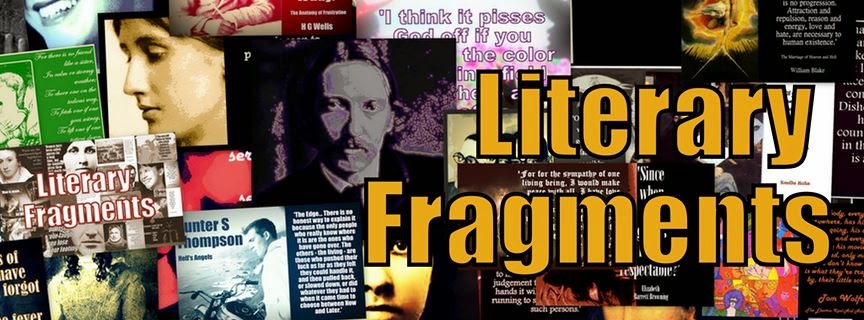1
An old man bending I come among new faces,
Years looking backward resuming in answer to children,
Come tell us old man, as from young men and maidens
that love me,
(Arous'd and angry, I'd thought to beat the alarum, and
urge relentless war,
But soon my fingers fail'd me, my face droop'd and I
resign'd myself,
To sit by the wounded and soothe them, or silently
watch the dead;)
Years hence of these scenes, of these furious
passions, these chances,
Of unsurpass'd heroes, (was one side so brave? the
other was equally brave;)
Now be witness again, paint the mightiest armies
of earth,
Of those armies so rapid so wondrous what saw you
to tell us?
What stays with you latest and deepest? of curious
panics,
Of hard-fought engagements or sieges tremendous
what deepest remains?
2
O maidens and young men I love and that love me,
What you ask of my days those the strangest and
sudden your talking recalls,
Soldier alert I arrive after a long march cover'd with
sweat and dust,
In the nick of time I come, plunge in the fight, loudly
shout in the rush of successful charge,
Enter the captur'd works--yet lo, like a swift running
river they fade,
Pass and are gone they fade--I dwell not on soldiers'
perils or soldiers' joys,
(Both I remember well--many of the hardships, few
the joys, yet I was content.)
But in silence, in dreams' projections,
While the world of gain and appearance and mirth
goes on,
So soon what is over forgotten, and waves wash the
imprints off the sand,
With hinged knees returning I enter the doors, (while
for you up there,
Whoever you are, follow without noise and be of
strong heart.)
Bearing the bandages, water and sponge,
Straight and swift to my wounded I go,
Where they lie on the ground after the battle
brought in,
Where their priceless blood reddens the grass,
the ground,
Or to the rows of the hospital tent, or under the
roof'd hospital,
To the long rows of cots up and down each side
I return,
To each and all one after another I draw near, not
one do I miss,
An attendant follows holding a tray, he carries a
refuse pail,
Soon to be fill'd with clotted rags and blood, emptied,
and fill'd again.
I onward go, I stop,
With hinged knees and steady hand to dress wounds,
I am firm with each, the pangs are sharp yet
unavoidable,
One turns to me his appealing eyes--poor boy! I
never knew you,
Yet I think I could not refuse this moment to die for
you, if that would save you.











